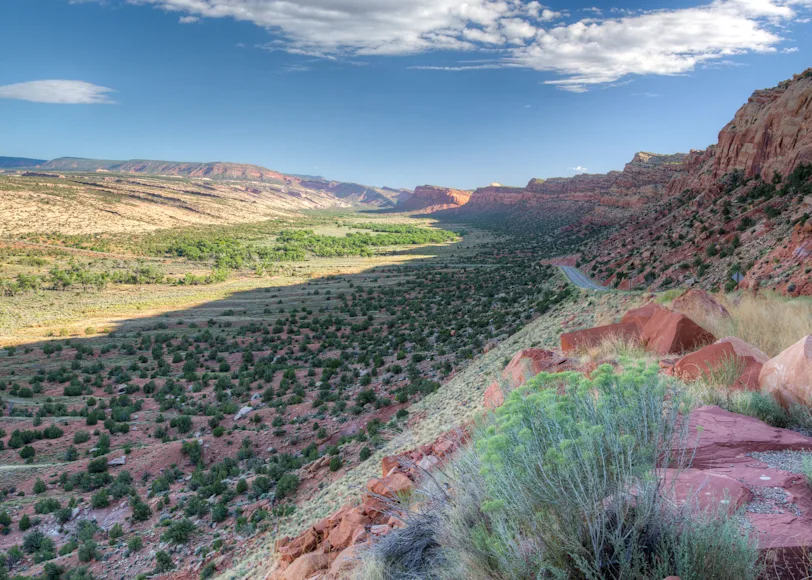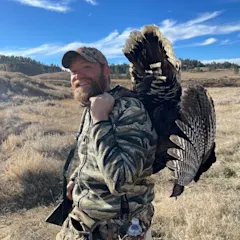In June of 1906, during his second Presidential term, Theodore Roosevelt signed a law granting future U.S. Presidents the power to designate or expand National Monuments on existing federal land. Known as the Antiquities Act, the bill was introduced in the U.S. House of Representatives by another conservation stalwart of the time, Iowa Congressman John F. Lacey. Last week, two members of the current House of Representatives unveiled a bill that would take presidential authority out of the Antiquities Act altogether.
Roosevelt used the broad powers of the Antiquities Act eighteen times to increase protections for places like the Arizona's Grand Canyon and Washington's Olympic Peninsula. Since then, U.S. Presidents have invoked the law more than 150 times, according to the Boone & Crockett Club.
With their bill, dubbed the "Ending Presidential Overreach on Public Lands Act", Representative Celeste Maloy (R) of Utah and Nevada's Mark Amodei (R) would wipe away the president's long-held power to designate and expand National Monuments and give that authority Congress. It would do so by striking a critical section from the 119-year-old Antiquities Act and amending it to read: "The establishment or extension of a national monument may be undertaken only by express authorization of Congress."
While many conservationists regard the Antiquities Act—and the presidential authorities imbedded within it—as a bedrock law for the continued protection of America's hunting and public lands legacy, it's been the subject to back-and-forth political turmoil in recent years. President Barack Obama used it to designate 1.3 million acres of Bureau of Land Management (BLM) property at the end of his second term. When Donald Trump took office in January 2016, he reversed the Obama-era order, shrinking the so-called Bears Ears National Monument by approximately 85 percent. The Biden Administration later reversed Trump's Bears Ears reduction.
The most recent use of the Antiquities Act occurred earlier this month when the Biden Administration designated the Chuckwalla and the Sátílla National Monuments in California. Backcountry Hunters and Anglers (BHA) and Trout Unlimited (TU) issued a joint statement in support of the Sátílla National Monument on Jan. 7, saying it would "better protect the extraordinary water, cultural, and sporting values of these unique public lands."
In a Jan. 16 press release, BHA condemned Amodei and Maloy's bill saying it threatens critical conservation efforts because the country's national monuments conserve large landscapes, secure vital fish and wildlife habitat, and safeguard traditional hunting and angling opportunities. "Congress alone has done very little to advance public land opportunities for hunters and anglers," BHA CEO Patrick Berry told Field & Stream. "So taking presidential authority out of the Antiquities Act would be very problematic."
Related: Supreme Court Rejects Utah's Attempt to Dispose of 18.5 Million Acres of Public Land
The bill comes on the heels of a failed lawsuit out of Utah that could have disposed of more than 18 million acres of BLM land across the West. "We’ve heard that there is not a high likelihood that this bill would pass, but there’s no telling what could happen in any legislative process," Berry said. "Either way, it adds to the the rising anti-public lands sentiment that we're seeing. And it paints a pretty foreboding picture for people who have no other opportunities for hunting, fishing, and outdoor recreation than the public lands that they’re around."


